Already not in any hurry to begin producing electric vehicles in big numbers like many of its competitors, Toyota officials revealed the company’s adjusted its manufacturing timeline in North America from late 2025 to sometime in 2026.
According to a Nikkei report, the company attributed the schedule change to design issues on its newest EV for the U.S. and Canadian markets as well as the slowing of sales within the segment as well.
The automaker informed suppliers of the change in the production schedule recently. The newest model is a three-row SUV to be built in Kentucky. Toyota officials downplayed the significance of the change.
“We’ve always said it would be late 2025 and it could creep into 2026 and it does look like it’s going to creep into 2026,” Scott Vazin, Toyota North America’s chief communications officer, told Reuters.
Never in a hurry
Toyota — specifically former CEO Akio Toyoda — has avoided rushing headlong into the frenzy of EVs. Toyoda, grandson of the company’s founder, said for years that it was a mistake to rely on one type of propulsion system, battery electric in this case, to achieve zero-emissions goals.
He put the automaker on a glide path to rely heavily on hybrids with a smattering of EVs and even fuel cells to make the right vehicle available for a specific use-case. However, after he retired, his successor immediately expanded the company’s plans to build EVs due to strong demand.
However, its expanded number of EVs was still less than other makers like General Motors, Ford, and others. The Toyota brand currently sells only one fully electric model in the U.S.: the bZ4X, which it builds jointly with Subaru. A second EV is sold through the Lexus brand.
More Toyota News
- Toyota Highlander Set to Go All-Electric
- Toyota Investing Another $500M in Flying Cab Start-Up Joby Aviation
- First Drive: Toyota Crown Signia
More coming … eventually
Before stepping down from his role as Toyota CEO, Akio Toyoda announced plans to roll out roughly 20 all-electric models by around 2030. These were to cover a broad range of product segments, from entry crossovers to high-performance sports cars. Notably, the latter models are expected to introduce next-generation battery technology; Toyota is hoping to commercialize solid-state cells that could lower costs, increase range, and boost performance.
Toyoda’s successor, Koji Sato, has expressed more interest in EVs but remains committed to a mix of powertrain technologies that include conventional and plug-in hybrids, pure EVs and hydrogen fuel cells.
The latest development suggests Toyota is slowing its EV rollout. And it’s not alone.
Slowing EV growth
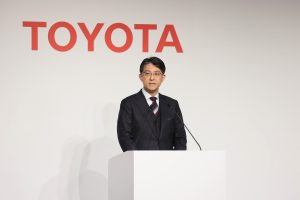
Toyota CEO Koji Sato remains committed to a mixed powertrain philosophy including hybrids, fuel-cell vehicles and EVs.
Despite the change in plans and the hyping of EVs, consumers began developing new issues with electric vehicles. They’re pricier than their gas-powered counterparts. Additionally, despite the fact that most owners charge at home, the shortcomings of the public charging network began coming to the fore.
Story after story began to filter through social media and the mainstream media chronicling issues with charging stations that didn’t work or charged at speeds well below what was expected. So, despite improved range, consumers’ concerns about driving EVs long distances put a chill on sales.
However, contrary to some reports, EV sales are still growing—just not at the pace they once did. Electric vehicles accounted for about 8% of new vehicle sales through the first half of 2024 and are expected to rise into the 10% range early next year.

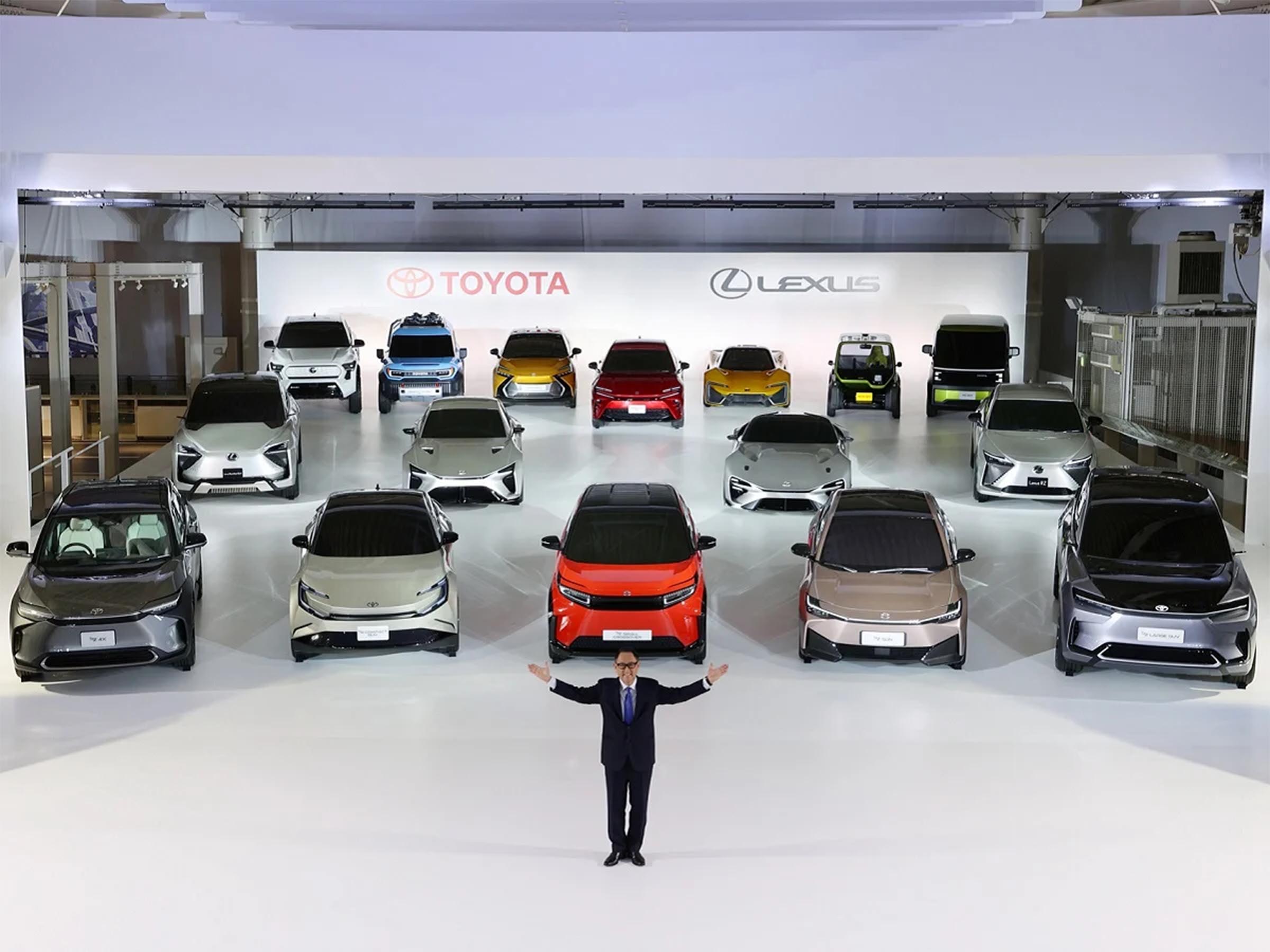
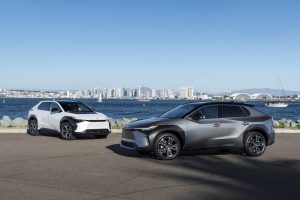
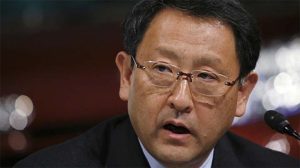
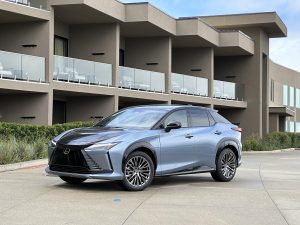
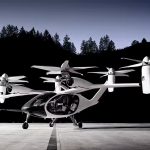
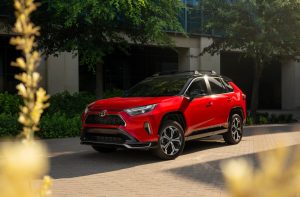
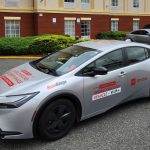
I think Toyota is hoping the battery-EV craze is over before they have to build anything.
I’m sure ten years from now people will be saying, “Remember when they were putting 2000 pounds of batteries in cars? (5000 pounds in the case of Hummer!)”